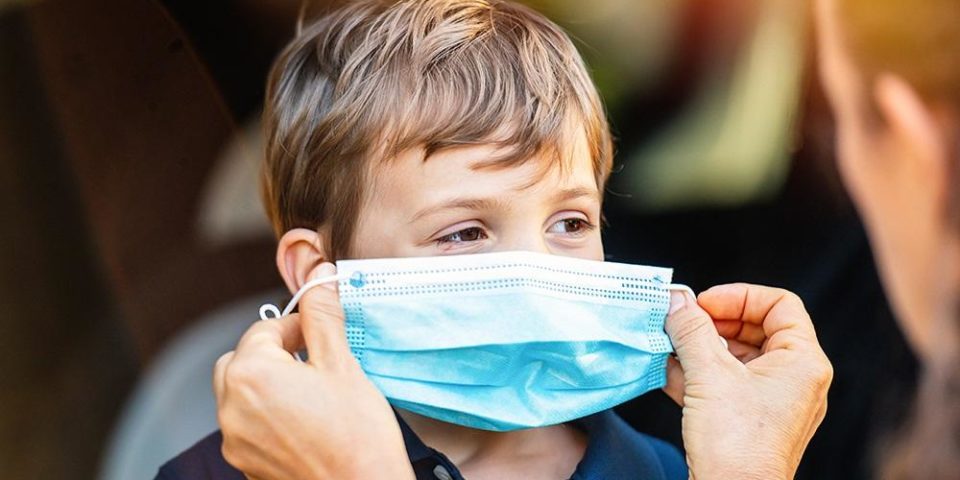What parents need to know about COVID-19 and MIS-C
As families prepare for going back to school, many are concerned about the effect of COVID-19 on children. Pediatric infectious disease physician Robin LaCroix, MD, offered answers to some common questions.
How does COVID-19 impact children?
COVID-19 in children is a little bit different. It often will present like an upper respiratory infection, and 50–60% of children will develop a fever or cough. Symptoms for children can include:
- Headache
- Fatigue
- Fever
- Cough
- Runny nose
- Congestion
- Diarrhea and/or vomiting
How likely are children to spread COVID-19?
The evidence is showing that transmission by children is a very small percentage, in some studies as low as 8–10%. About 90% of the time, adults primarily transmit the virus, and that’s based on a couple reasons:
- The amount of viral replication with children is lower than with adults.
- Children who are infected have milder symptoms, so there is less coughing to spread droplets.
What is MIS-C?
Multi-system inflammatory syndrome in children, or MIS-C, is a rare inflammatory condition, similar to Kawasaki disease, that can occur at the time or shortly after a child has had a COVID-19 infection.
What are the symptoms of MIS-C and how do they compare to Kawasaki disease?
Symptoms that are similar to Kawasaki disease include:
- Persistent fever
- Rash
- Red lips and tongue
- Swelling of the hands and feet
- Conjunctivitis/red eyes
The additional symptoms seen with MIS-C include:
- Gastrointestinal problems such as diarrhea, vomiting and abdominal pain
- Hypotension and decreased heart function
- Electrolyte and platelet changes
Dr. LaCroix said, “Families should seek medical attention so we can get the appropriate therapy started. This includes regulating the immune system and stopping the inflammation. For the most part, these children recover completely. We do follow them for quite a long period of time, just to ensure that all those inflammatory markers get back to normal.”
Is MIS-C contagious?
The process begins as an immune response to the virus, so the diagnosis often comes after children have passed the time of contagion and are less likely to pose any potential infectious risk.
How worried should parents be?
“We, as a community and as parents, need to help protect our children,” said Dr. LaCroix. “We know that transmission from adults to children is the more common way the disease is spread, so protecting children from acquiring COVID is the first line of defense. Those are the simple measures like being sure that they’re avoiding big crowds, social distancing, wearing a mask and hand hygiene.”
Dr. LaCroix said parents need to be aware of MIS-C, so they know what to look for. “If their child becomes ill with COVID, recovers and then becomes ill again, they’ll know it’s something they need to get checked out.”
Need care today?
Use an E-Visit for quick, convenient care. Just go online, answer questions about your symptoms and submit.
Get Care Now

